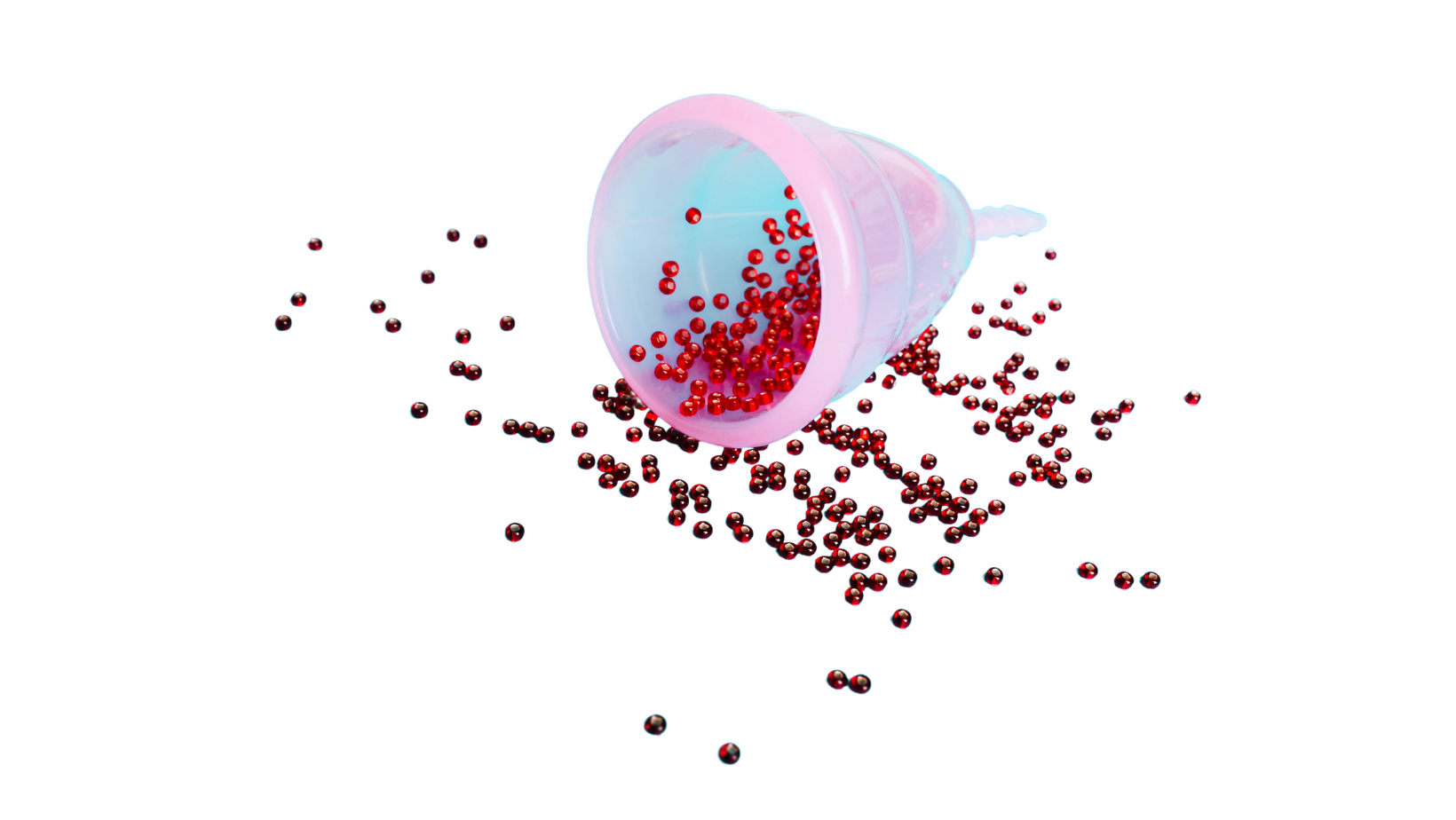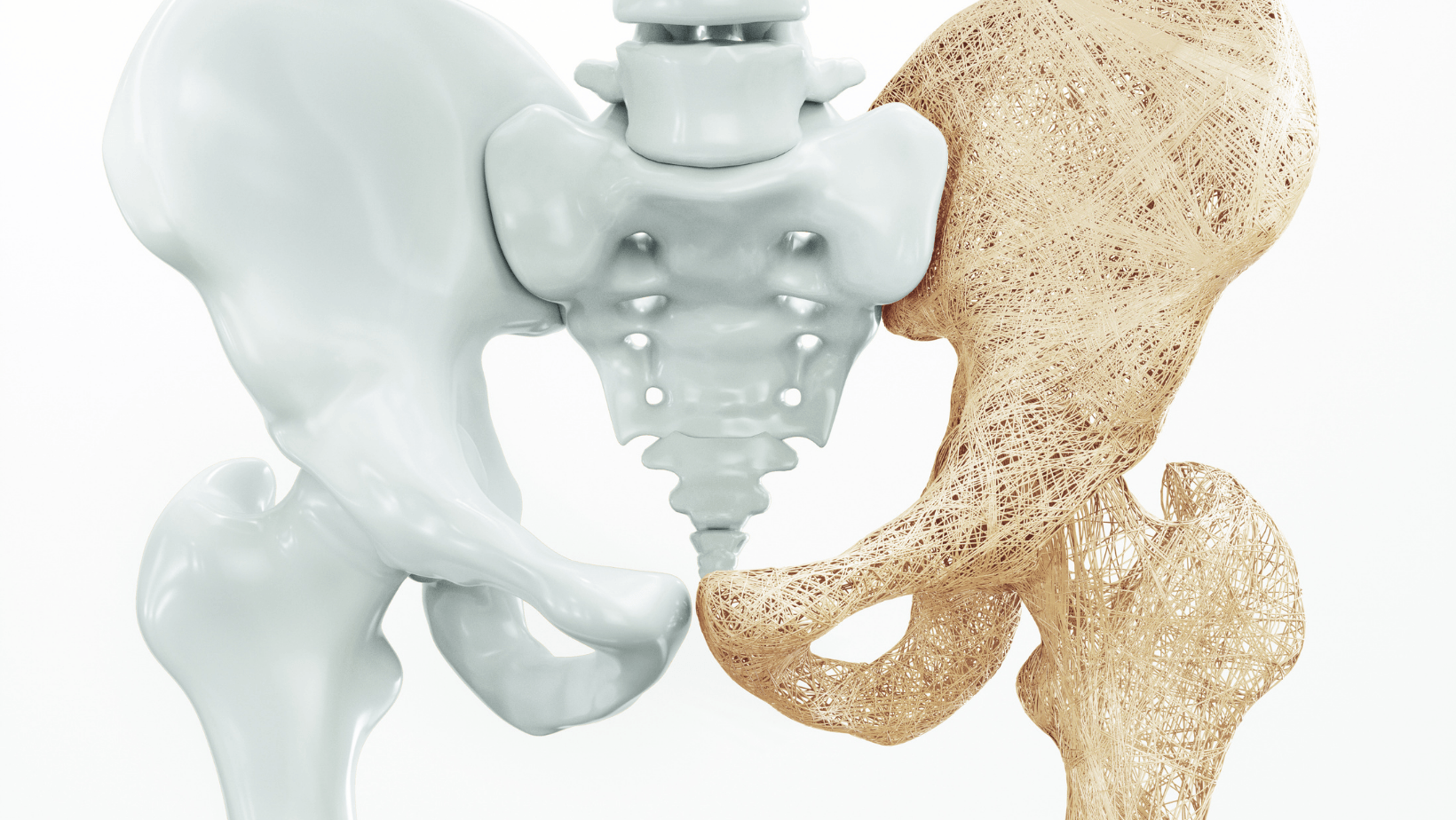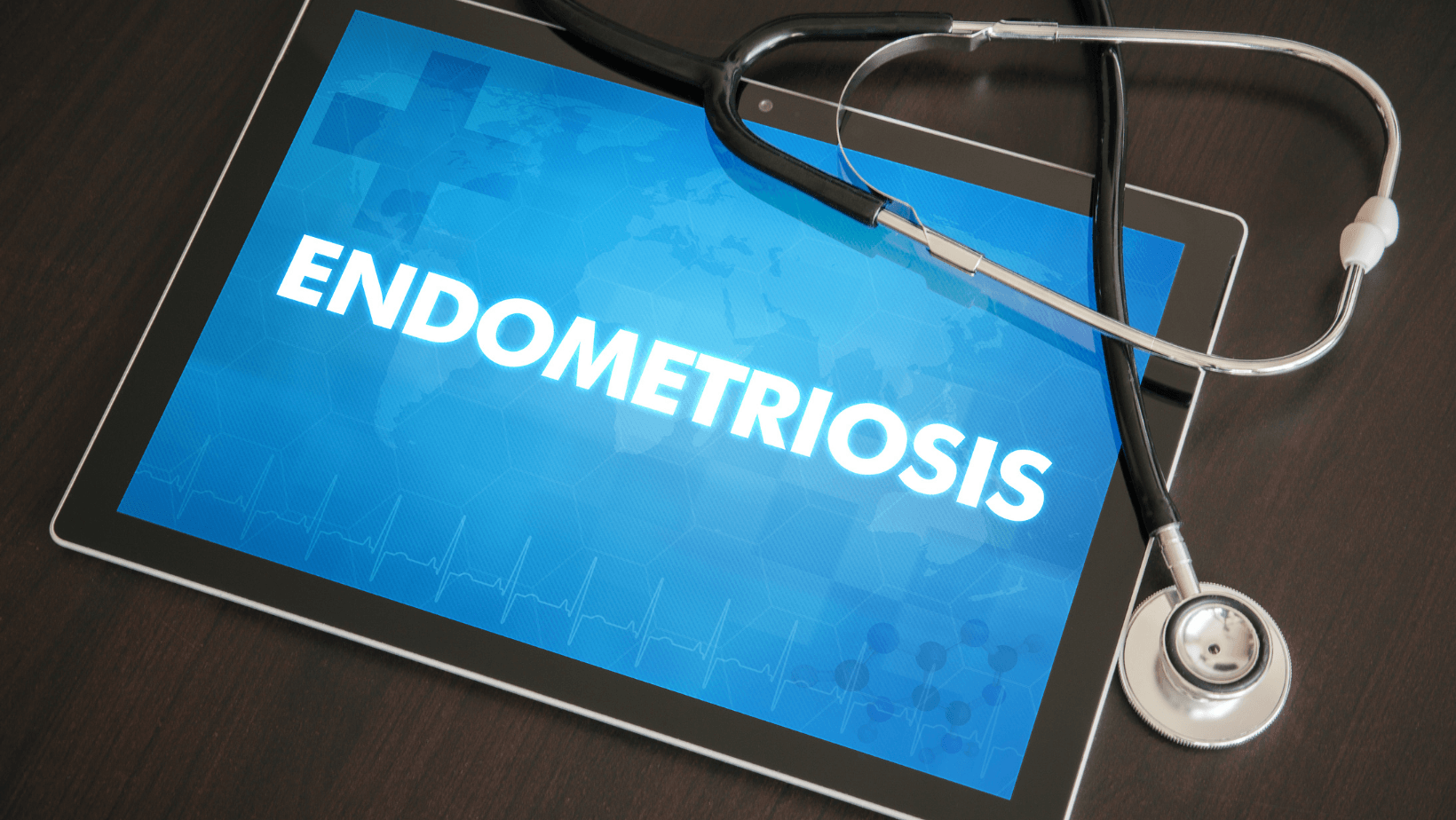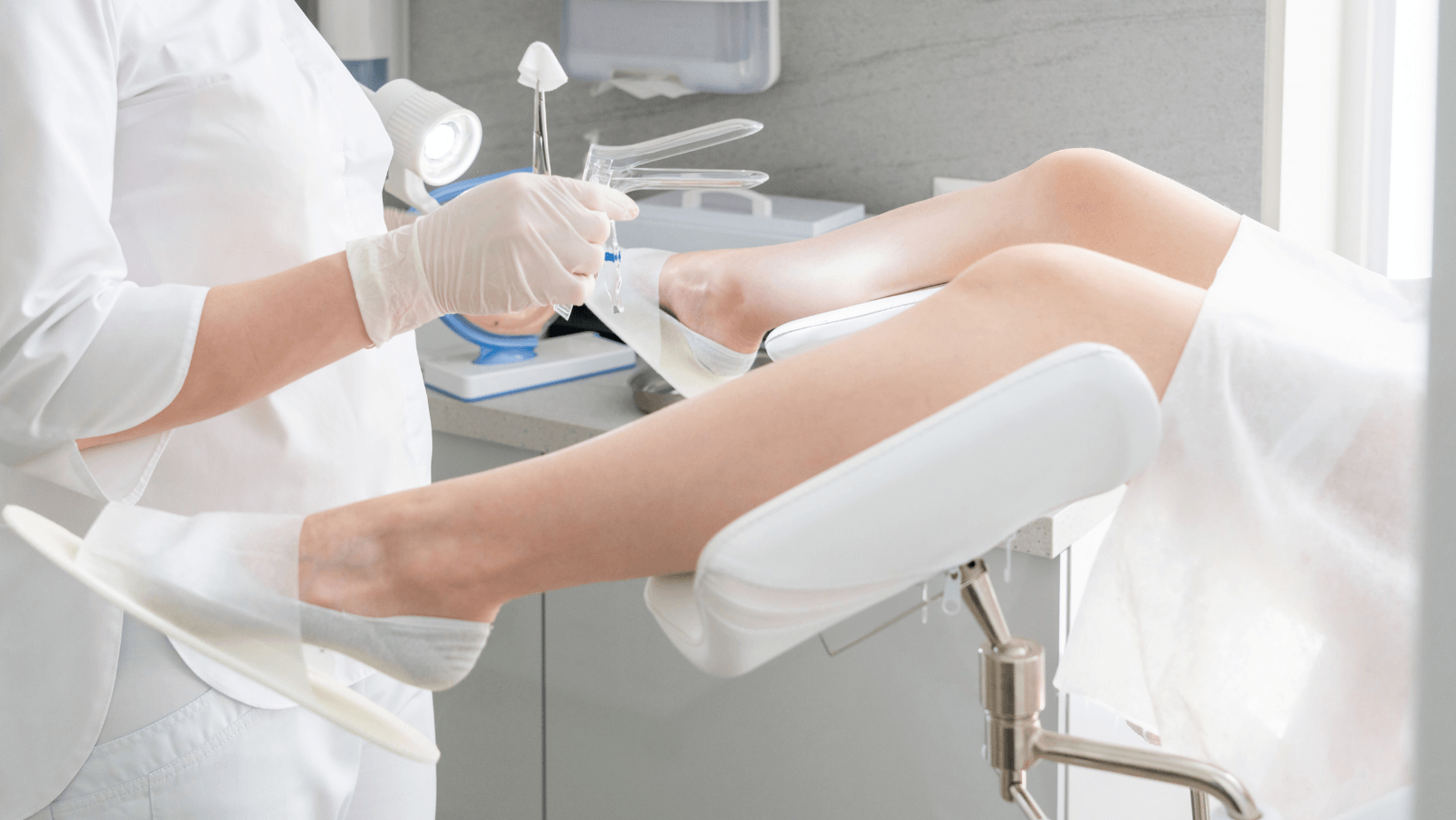Endocarditis - Symptoms, Causes, and Treatment - Avicenna Health
Endocarditis
Endocarditis, a rare but severe cardiac disease. Its importance comes from the causes and the risk factors of the disease. People can get this disease in different ways. Some of these ways are weird, such as after going to the dentist!. Let’s figure out the causes of endocarditis and what we should do when susceptible to this disease.
Definition of Endocarditis
Endocarditis is a life-threatening and severe inflammation of the inner lining of the heart valves and chambers (the endocardium). It’s often caused by bacteria, fungi, or other germs from other parts of the body, such as the mouth. These germs can travel and spread through the bloodstream and damage different areas of the heart.
Symptoms
We need to know that endocarditis can develop slowly or suddenly, and that depends on the germs that are causing the disease and if the patient has underlying heart problems. Signs and symptoms of the disease can vary from one person to another.
Signs and symptoms can include:
1. Chest pain
2. Muscle and joint pain
3. High fever and chills (flu-like symptoms)
4. Fatigue
5. Night sweats
6. Shortness of breath
7. Abnormal heart sound (a murmur)
8. Unexplained weight loss
9. Red spots on the soles of the feet or the palms of the hands (they’re called Janeway lesions)
10. Red, tender spots under the skin of the fingers or toes (they’re called Osler's nodes)
Causes
Endocarditis occurs when germs or fungi enter the bloodstream and travel to the heart. And these bacteria and fungi can enter the bloodstream through:
- inadequate dental care: If a person doesn’t take care of his teeth, brushing could cause unhealthy gums to bleed, and that will give bacteria a chance to enter the bloodstream.
- Catheters: Bacteria can enter the patient’s body through a thin tube that doctors use to inject or remove fluid from the body (catheter).
- Illegal IV drugs
Risk Factors
People with these risk factors are more likely to have endocarditis than other healthy people:
- Old age: often over the age of 60
- Artificial heart valves
- Congenital heart defects
- Implanted heart device
- History of endocarditis
- History of illegal IV drug use
- Using catheters for a long time
- Bad dental health
When to see a doctor?
Any patient with chest pain should seek medical advice right away.
In addition to that, everyone who has any of the risk factors above with any of the previously stated signs and symptoms should see a doctor ASAP.
Diagnosis
- Blood culture: to see if there is bacteremia or fungemia
- Echocardiography: to see valvular vegetations
- Full blood count: to see if there is anemia
- CRP: it is elevated
- Serum urea
- Serum electrolytes
- Serum glucose
- Liver function test
- ECG
Differential Diagnosis
- Rheumatic fever
- Atrial myxoma
- Libman-sacks endocarditis: it is a disease that happens in patients with lupus
- Non-bacterial thrombotic endocarditis
Management
Many patients with endocarditis can be treated successfully with antibiotics. Surgery could be needed to fix the damaged heart valves.
References
Mayo Clinic – BMJ – Healthline – American Heart Association
If you have any concerns about non-emergent health conditions, you may schedule a telemedicine consult with Avicenna Health provider for individualized consultation.













